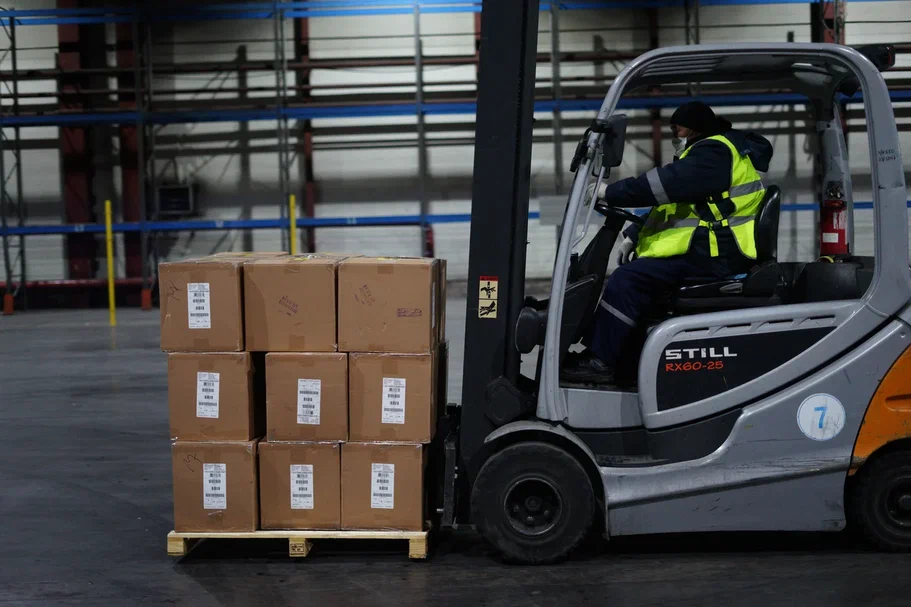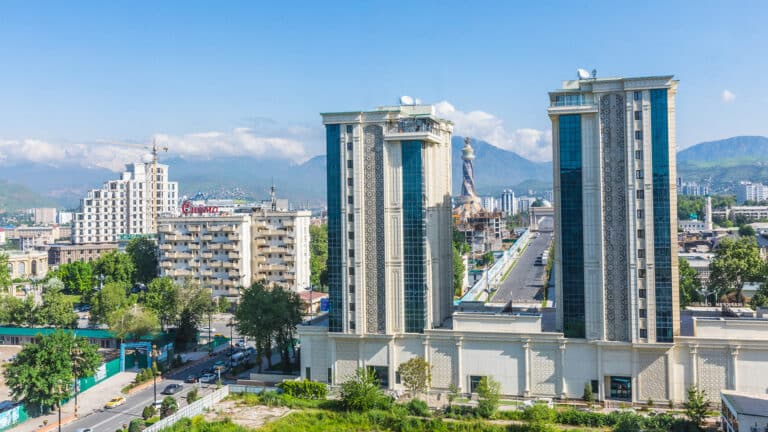
According to the office of the prime minister of Kazakhstan, Chinese transit cargo that goes by the Trans-Caspian International Transport Route (or Middle Corridor) through Kazakhstan will be delivered one week faster by the end of this year.
Kazakhstan’s authorities say that Chinese cargo can go two times faster through the country’s territory this year than a year before (six days instead of 12). By the end of 2023, this route will take only five days. In general, the entire route from China to ports on the Black Sea now takes 19 to 23 days instead of 38 to 53 days in 2022.
«This happened thanks to joint efforts of all participants of the Middle Corridor aimed at the elimination of all bottlenecks along the route,» Kazakhstan’s cabinet said.
In addition, Kazakhstan and China are going to sign a new agreement to simplify customs procedures and guarantee specific volumes of cargo on the route. Prime Minister Alikhan Smailov has already ordered the cabinet to speed up the process of mutual approval of this draft agreement between authorized agencies in the two countries.
Trade fleet expansion
During a recent meeting of Kazakhstan’s cabinet devoted to the development of the Middle Corridor, Kazakhstani officials discussed what must be done to improve domestic railways and expand the capacity of two Kazakhstani ports on the Caspian Sea. For example, Kazakhstan plans to build a container hub in the port of Aktau, update its transshipping equipment and restore its oil terminal. In the port of Kuryk, the government wants to build new grain and multifunctional terminals.
«Ten fuel barges, eight ferries, six tankers and a container carrier are expected to be deployed at the Caspian Sea by 2030,» the cabinet reported.
In 2021 and 2022, many Kazakhstani entrepreneurs complained about traffic jams at the Kazakhstani-Chinese border. The initial reason for traffic was the COVID-19 pandemic. However, it later turned out that the key reasons for the bottleneck are the increased flow of cargo, inefficient transport infrastructure and low priority of Kazakhstani cargo. The two countries have discussed these issues many times. China even suggested using other transport routes. After long discussions, officials agreed that it is up to their cabinets and leaders. As a result, Kazakhstan and China decided to expand the capacity of one railway and nine automobile border crossings eightfold.













